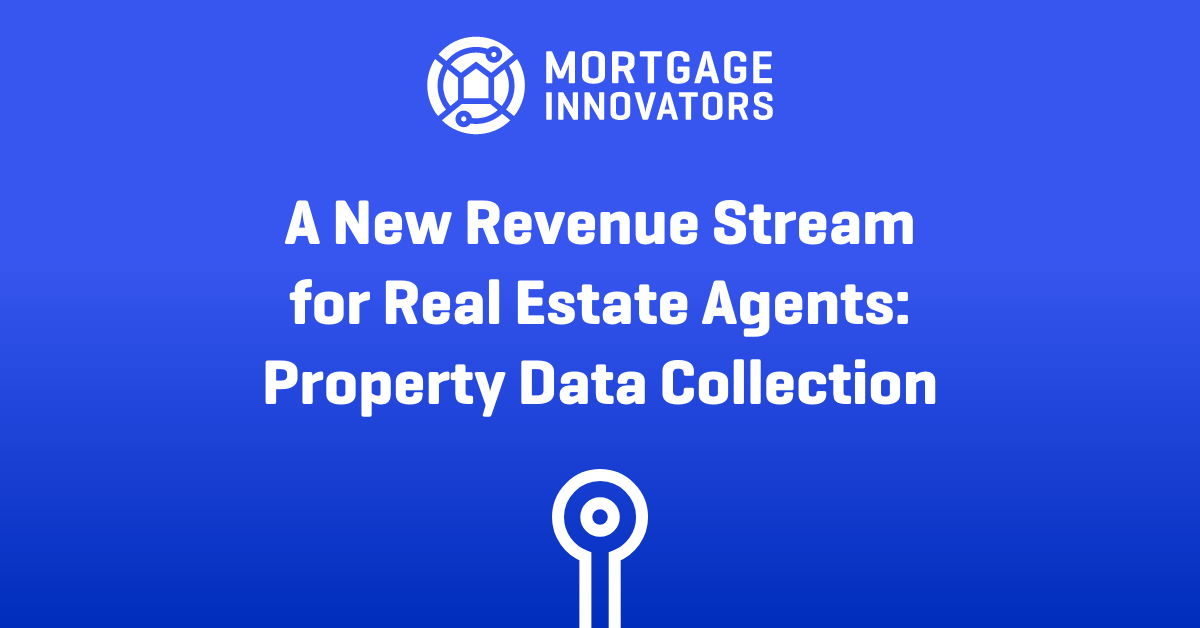Blog post by Reggora
The downturn in the housing market has hit all parts of the mortgage industry hard. All parts of the industry, from appraisers to fintech companies, are planning for 2023. But what about real estate agents? The sharp drop in volume has left real estate agents, from the veteran to the newcomer, searching for ways to enable long-term success.
While it’s fantastic to think about new strategies, agents should also reimagine how they can contribute to the real estate industry in addition to selling homes. This is where property data collection can help agents diversify their sources of income, regardless of market conditions.

What Is Property Data Collection?
Property data collection is Fannie Mae’s newly-accepted standardized inspection report on a property that doesn’t need to be completed by an appraiser. This is Fannie’s version of Freddie Mac’s property data report, to be used as a part of their automated collateral evaluation offering for lenders (ACE+ PDR).
The report must be completed by a trained data collector, which may be a non-appraiser who:
- Performs the on-site data collection
- Is independent and unbiased
- Must certify they have no interest or bias related to the transaction of the property
This is different from a standard appraisal as this is not an opinion of value, but rather a collection of data points pertaining to the property such as location, square footage, and photos of the property’s interior and exterior.

The report is then leveraged by appraisers for a desktop appraisal or hybrid appraisal, eliminating the need for the appraiser to visit the property.
Why Agents Should Consider Property Data Collection
Real estate agents are perfectly positioned to become data collectors. The GSEs require that data collectors are trained and certified to show their ability to collect the required data points in a standard method. Similar to how agents earn their real estate license, displaying the ability to collect, organize, and distribute property data points is core to the role of an agent.
It’s also easy for agents to become data collectors as real estate technology companies like Reggora have developed apps to walk through the data collection process and generate a comprehensive report. Using Reggora’s property data collection app, agents can produce several quick and easy reports each day.
Side-Income
Similar to other members of the gig economy, data collectors are paid per transaction. As there are no minimums that Reggora users need to maintain, this means that agents can turn their availability on and off as desired, granting agents flexibility without pressure to produce.
Plus, as the mortgage industry opts for more and more hybrid products that reimagine the standard appraisal process, agents can position themselves to take advantage of appraisal modernization. Additionally, transactions that would not otherwise include an agent — such as refinances — are now on the table for real estate agents.
Better Customer Service
Real estate agents will mostly care about how they can better serve their own buyers, but data collection provides a real opportunity for the “rising tide lifts all boats” aphorism to play out. The increased use of data reports and hybrid appraisal products makes the appraisal faster and just as reliable at a lower cost to the borrower. An environment that fosters better customer experiences and happier borrowers will benefit everyone in the real estate industry.









